Reputation is currency.
“It takes many good deeds to build a good reputation, and only one bad one to lose it.”
These words are most often attributed to Benjamin Franklin, though there’s no concrete evidence he ever said it. Franklin was, if you go by the sheer volume of positive sources, a great and virtuous man – a hero, even. However, he was also an adulterer, a supporter of slavery, and, in 1998, the remains of more than a dozen people were discovered in a one metre square pit beneath Franklin’s London home.
Does that information make a difference to how you perceive one of the Founding Fathers of the United States of America? What does it make you think of his heroic reputation?
Franklin’s achievements are indisputable – a scientist, politician, writer, publisher, inventor of the lightning rod and bifocals, university founder and civic activist, he contributed extensively to American and world history. If he did not make comment on ‘many good deeds,’ we can be certain he did, in fact, do them.
As such his heroic reputation is almost – almost – irrefutable.
But we know better. It takes a lifetime – of a person or a business – to build positive perception. And it can take one moment of poor judgement to ruin that reputation forever.
We saw this play out in present day politics with Health Minister David Clark’s actions during New Zealand’s COVID-19 response. We all witnessed business’ ill-managed crisis responses, badly conceived social media posts, and insensitive advertising.
As a result, those businesses have more to lose than their revenue during the outbreak of COVID-19. They stand to lose customers who would have otherwise returned to help them rebuild.
“Reputation is currency.”
Not treating it that way can end careers and crumble corporate empires in less than an hour.
Somewhat ‘luckily’ for Franklin, his actions can be judged through the lens of what was considered acceptable in his time.
It is a fact that he was unfaithful and rarely saw his family, despite preaching the “Thirteen Virtues” he wrote at age 20. It is a fact that he owned slaves and participated in the slave trade. It is a fact that the bones discovered beneath his house bore numerous signs of being dissected, drilled, sawn and cut.
Historians concluded it unlikely he committed murder. The house was used for several years by a friend running an illegal ‘anatomy school,’ for the express purposes of dissecting stolen bodies. However, being the scientist Franklin was, it’s almost certain he knew of the activity and probably observed it.
The Founding Father is of course an extreme example – a man whose great deeds will be recalled far beyond his crimes.
People and businesses today cannot claim the same historic prestige or protection. The proliferation of places to go to get information, the immediacy of communication, and the largescale visibility of businesses’ actions fosters volatile and weighted scrutiny. The ability of consumers to make a split-second judgement is near unadulterated.
That makes public relations utterly key to business survival.
The event of COVID-19 gave us the opportunity to examine this unfolding in real time. Never are communications more important than during a crisis.
Managing Director of Colmar Brunton, Sarah Bolger, says their compilation of the annual NZ Corporate Reputation Index shows four key pillars businesses should keep in mind.
Your style of leadership and how it reflects the national mood – ie, have your responses to COVID-19 been swift and sensitive?
Are you coming across as fair? Are your decisions based on what you think or what you know?
Does what you’re doing feel like the ‘right’ thing? Your decisions will impact essential public trust.
Are you taking responsibility? Are you helping in any relevant and possible way, particularly during crisis?
Bolger adds that “listening not telling” is the most important test. A genuine people-centric approach that recognises your customers’ needs is what could make the difference to the survival of your business.
But, right now, as they plan for life after Alert Level 4, the big question on businesses’ minds is if and how have their customers’ needs changed, and what will drive their decision-making? Is the business able to give them what they need, or does it need a complete rethink?
With sensitivities heightened, how all of the above is tackled is crucial to a business’ reputation, and therefore its survival.
Here at Publik, we understand that risk too. We’ve been working on the best ways for businesses to communicate in uncertain times, and we would love to help you get that right.


